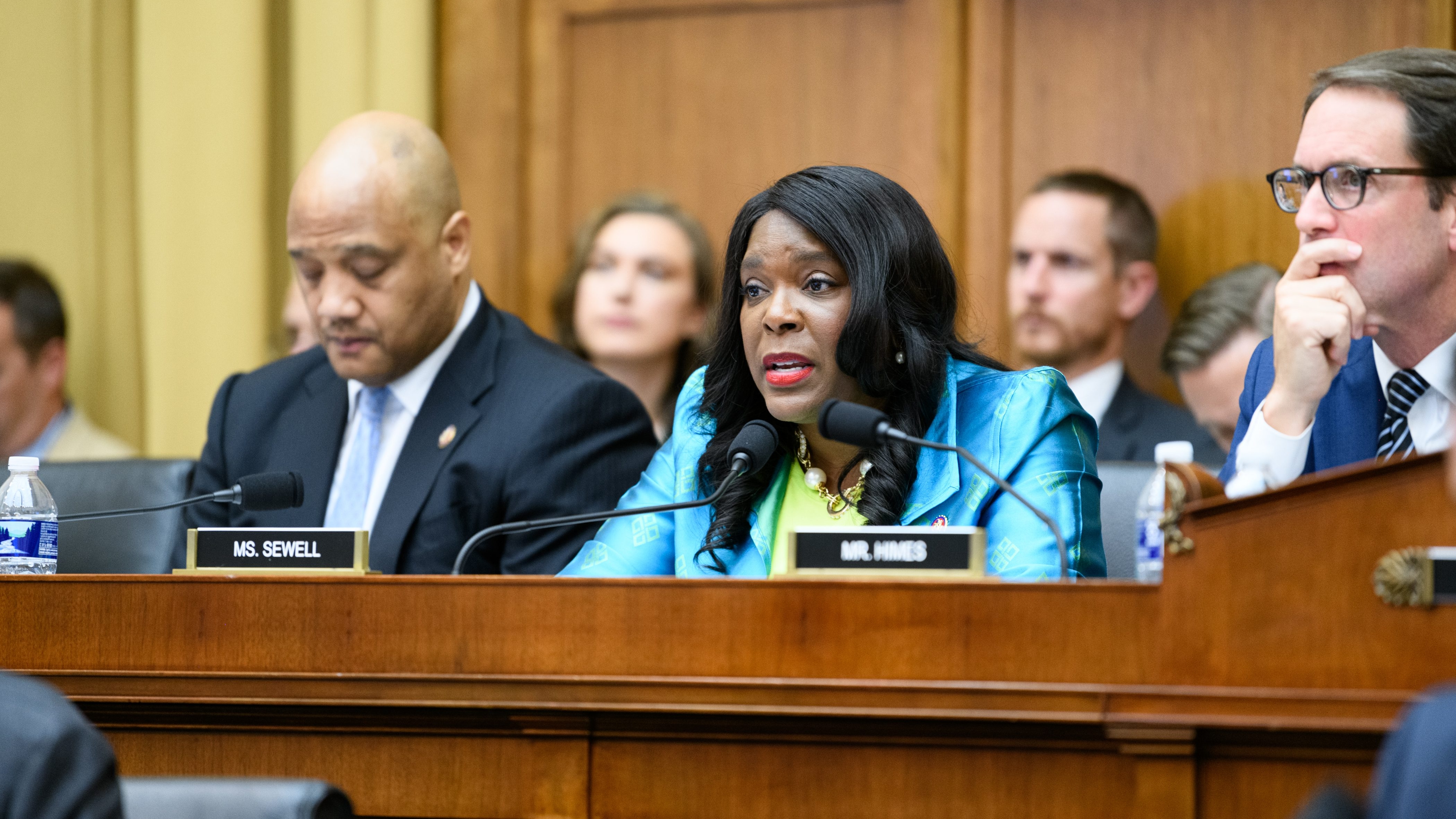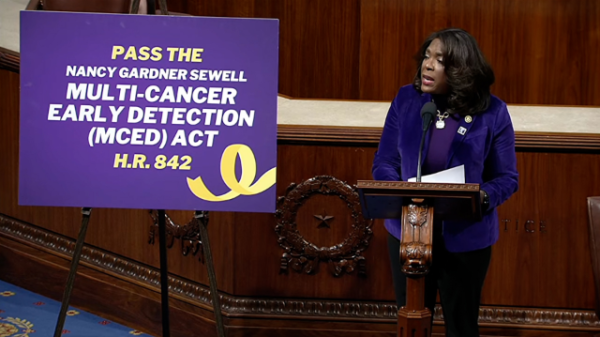In many respects, I have never been more hopeful about the future of cancer treatment as an oncologist. In the past decade, we have seen an explosion of new therapeutic options for cancer patients, including the development of immunotherapies that have served as medical miracles for many people with this terrible disease. Today, I’m able to see patient cancers go into remission so that they can live long, healthy, normal lives. Five or 10 years ago, many of those same men and women would have been ending their lives in hospice.
And yet, for all of this progress, there is still frustration and far too many deaths. According to American Cancer Society estimates, over 10,000 people will die in Alabama this year from cancer. The problem is, no matter how advanced our treatments are and will become, oncologists like me are seeing far too many patients with cancer in its advanced stage when it has spread throughout the body. And our treatment options are sadly limited in those circumstances.
Too many cancers are diagnosed late because of limitations on our screening capability and infrastructure. There is new hope, but it’s going to require a combination of medical innovation and forward-thinking public policy.
Alabama’s representative for the 7th congressional district, U.S. Rep. Terri Sewell, has authored and introduced legislation in Congress, the Medicare Multi-Cancer Early Detection Screening Coverage Act, that would create a pathway for Medicare coverage for one of the most exciting innovations in cancer detection. The Alabama cancer community and the highest profile national advocates are cheering her on.
My cancer center has been involved in a large-scale clinical testing program for a new type of cancer screening, one that utilizes a simple blood draw that has been shown to detect over 50 types of cancer. This is nothing less than transformative. Today, we only have the capabilities to detect five types of cancer – breast, cervical, colorectal, lung and prostate. Yet, there are many more variations of the disease and those often go undetected until they have metastasized and become virtually untreatable. In fact, roughly seven of every 10 cancer deaths are from these types for which doctors have no early warning system.
Scientists have discovered that cancerous tumors shed unique DNA particles in the bloodstream. Our accumulated genomic research combined with machine learning has led to a blood test that can use those DNA fragments to identify the type and location of the tumor. The clinical trial results have been extremely positive thus far with more to come, and the Food and Drug Administration will be reviewing these technologies in the coming years.
That’s where the public policy side of the equation comes into play. The age group most susceptible to cancer is the over-65 population, so it’s critical that Medicare provides coverage for these new screenings once the FDA gives the green light. Under current law, that could take a very long time. Medicare, unfortunately, does not cover new FDA-approved cancer screenings like it covers new drugs, devices, and hospital services. Seniors and doctors are expected to have to wait up to ten years or more for coverage to these multi-cancer screening tests. That is totally unacceptable.
Congresswoman Sewell’s legislation would create an authority for Medicare to cover blood-based multi-cancer early detection tests once they are approved by the FDA. It’s similar to what past Congresses have done with mammograms and colonoscopies to make them immediately accessible to patients.
That’s why more than 300 organizations around the country, including the Alabama Cancer Association and the Alabama Rural Health Association, called on Congress to pass this important legislation. Congresswoman Sewell is prioritizing the health of our seniors and under-served. Let’s hope her colleagues join her and take an important step toward saving lives and ensuring access to medical innovations we’ve helped foster in Alabama.





















































